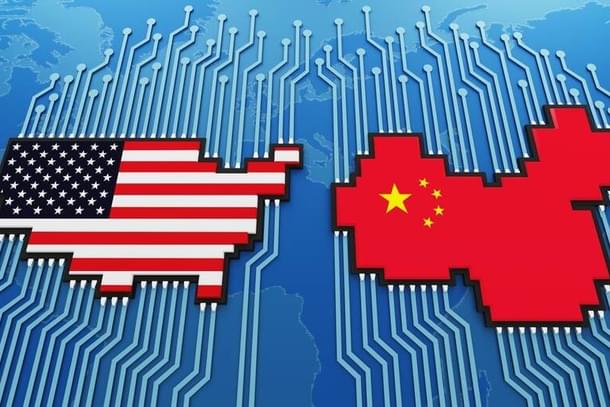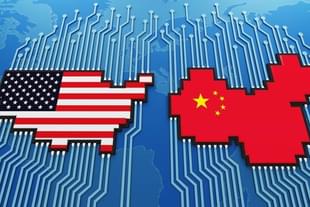News Brief
Biden Administration To Launch Trade Probe Into Chinese 'Legacy' Chips Following Trump's Tariff Hike Proposal Against China
Vansh Gupta
Dec 24, 2024, 12:16 PM | Updated 12:18 PM IST
Save & read from anywhere!
Bookmark stories for easy access on any device or the Swarajya app.


In a decisive move on Monday (23 December), the Biden administration announced a "Section 301" trade investigation into Chinese-made "legacy" semiconductors.
These older chips, crucial to a range of products from automobiles to washing machines and telecommunications equipment, could soon face additional United States (US) tariffs. The investigation reflects mounting concerns over China's state-backed semiconductor buildup and its potential impact on global competition.
Protecting US Semiconductor Interests
US Trade Representative Katherine Tai stated the investigation aims to shield American and allied semiconductor producers from China's state-driven expansion of chip production.
Tai remarked, "This is enabling its companies to expand capacity rapidly and to offer artificially lower-priced chips that threaten to harm and potentially eliminate their market-oriented competition significantly."
The Biden administration’s move precedes the transition of power to President-elect Donald Trump on 20 January, who has promised to unleash up to 60 per cent tariffs on Chinese imports.
Outgoing President Joe Biden has already introduced a 50 per cent tariff on Chinese semiconductors, effective 1 January, alongside stricter export controls on advanced artificial intelligence and memory chips, as well as chipmaking equipment.
Legacy Chips Under Scrutiny
Legacy semiconductors, manufactured using older processes over a decade old, are less complex than those powering AI and advanced processors. However, US Commerce Secretary Gina Raimondo highlighted a critical dependency that Two-thirds of US products using chips had Chinese legacy chips in them, and half of US companies did not know the origin of their chips, including some in the defence industry making these findings fairly alarming.
The probe will also assess the incorporation of these chips into essential downstream products across industries such as automotive, defence, and medical devices. China's production of silicon carbide substrates and wafers, vital for semiconductor fabrication, is another focus area.
China’s Response and US Strategy
China’s Ministry of Commerce condemned the investigation as "protectionist," warning that it would disrupt global chip supply chains and harm American companies. In a statement, Beijing asserted it would "take all necessary measures to firmly defend its rights and interests."
The US, however, remains committed to reducing reliance on Chinese semiconductors. Following COVID-19-induced supply disruptions, Washington has allocated $52.7 billion for domestic chip production, research, and workforce development. This initiative underscores efforts to rebuild a resilient, U.S.-centric semiconductor supply chain.
Implications for Global Trade
As President Biden prepares to leave office, this policy shift underscores a bipartisan consensus on curbing China's influence in critical technology domains. With both tariffs and regulatory measures intensifying, the semiconductor industry finds itself at the center of a geopolitical tug-of-war.
Vansh Gupta is an Editorial Associate at Swarajya.





